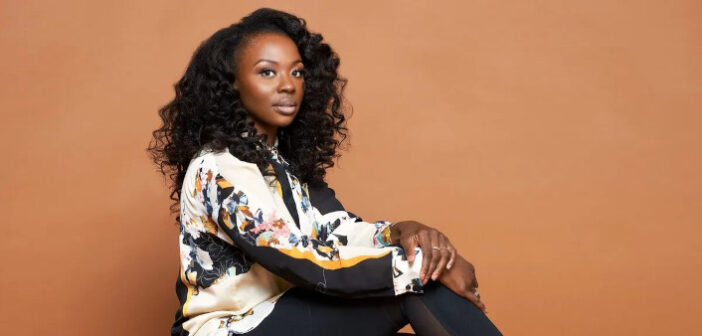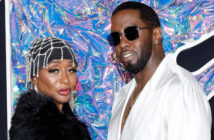The global Afrobeats movement is exploding in the United States and is beginning to have a significant and long-lasting impact on the country’s music industry. Even huge names in the industry like Selena Gomez and Chris Brown want to be involved in the Afrobeats scene.
The genre itself is being impacted by the Afropop frenzy as well. Although the genre of afrobeats has never been homogenous, musicians are becoming more adventurous in their blending of African and Western sounds to produce something novel, interesting, and creative. One of such artists is Nola Adé.
It comes naturally to Adé to explore with diverse sounds and merge genres. It’s how she was raised.
In an interview with Blavity, she identified herself as Nigerian-American. I listened to pop and R&B music growing up. I have attended a Nigerian church, where the music gave me those same experiences. We have many cousins, so you know what I mean when I say that my parents used to play Nigerian music? Thus, it’s simply a merging of civilizations.
It’s obvious that Adé’s heritage and family have an impact on her music. In terms of her work, she is entangled with her siblings.
She revealed, “My sister and I started a label or management company.” “Right now, it’s just kind of between us. The first artist is me.
Adé claims that her sister “does engineering for me” and that she has also worked as a “live engineer at shows and stuff like that,” adding that her brother serves as her manager.
The singer’s tracks are captivating and innovative due to their intriguing blend of R&B, soul, and Afrobeats. “Royal,” her biggest single of 2023, is no different. Adé, who told Blavity she created the self-love song while going through a difficult time, said it means a lot to her.
She said, “I wrote it for myself.” “I feel as though I was experiencing depression, nearly. A breakup occurred. I started to feel like my life wasn’t necessarily going the way I wanted it to.
Regaining her religion, according to Adé, allowed her to see things differently.
“I had to return to my faith and realise that this is who God claimed I was.” In the end, that was essentially what I wrote about in my essay.
Adé is here for the expansion and reform of Afrobeats, as evidenced by her music.
“I’m seeing up-and-coming artists and local artists, well local in the U.S., doing a lot of merges with artists that are from overseas. I’m starting to see that more, which is awesome.”
Adé expressed her admiration and inspiration at the way African music is being incorporated into American music.
“Specifically in Nigeria, there’s this divide between the people who speak local languages, like Yoruba, the ‘right way,’ and those who don’t,” she explained. “I’m seeing people here in the U.S. speak full-on Yoruba music, and I’m loving to see it, and then just you know, doing it eloquently and beautifully.”
Adé hopes to collaborate with legendary Afropop artists in the future.
“I’ve wanted to work with Adekunle Gold,” she remarked. “Yeah, That would be such a cool collab.”
She also wants to experiment with her sound.
“I want to do more. I just want to do more sounds of soul with Afrobeat elements. I want it to feel different and have the right blend.”




